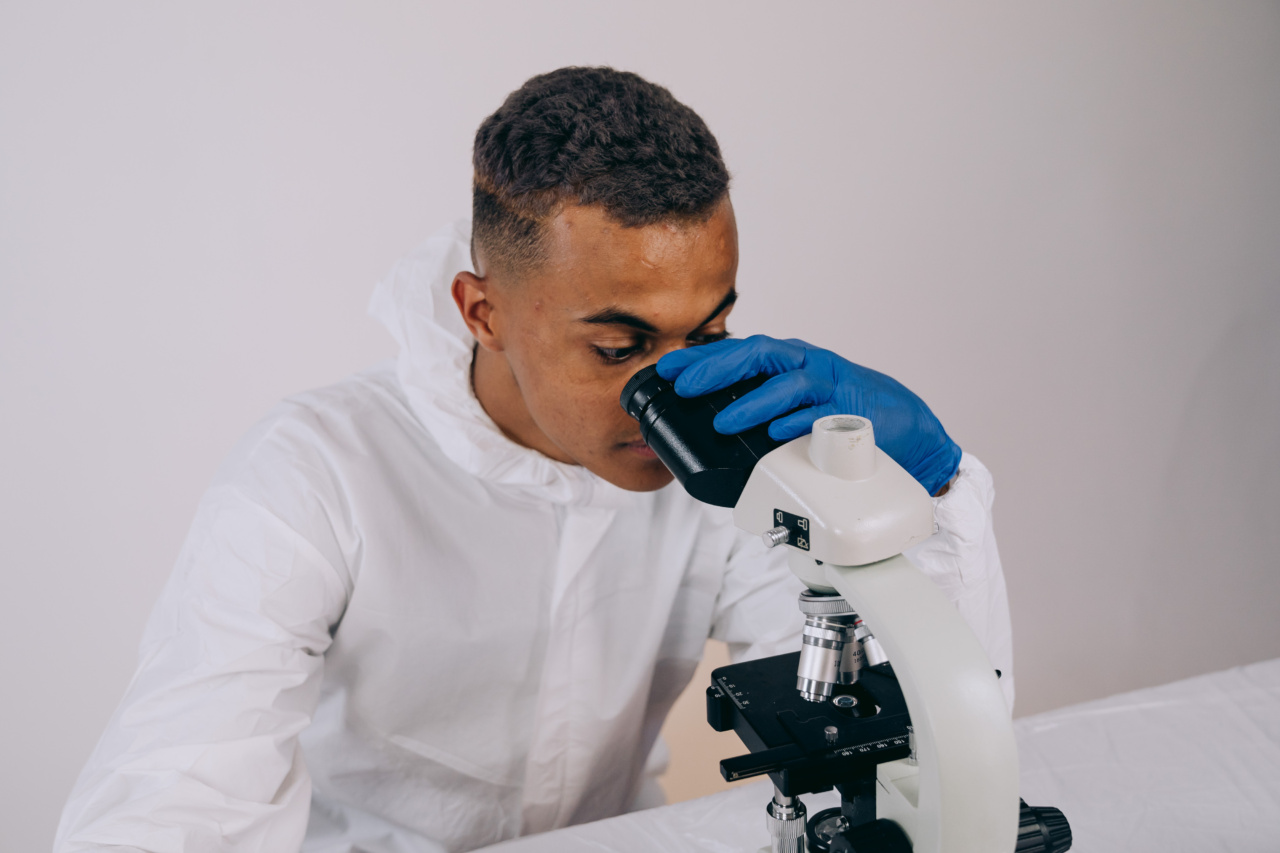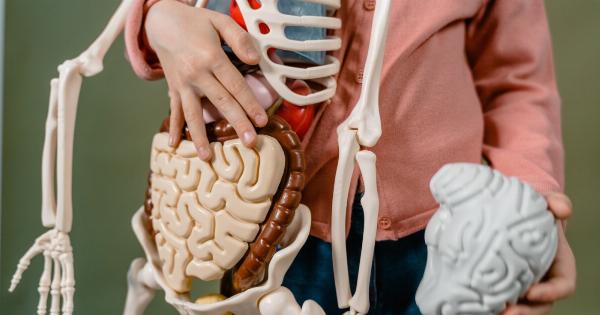In a groundbreaking experiment conducted by a team of American scientists, a remarkable feat was achieved – the transcendence of a brain dead individual using two pig kidneys.
This breakthrough has opened up new possibilities in the field of organ transplantation and holds immense potential for saving countless lives.
The Dynamics of Brain Death
Understanding brain death is crucial to grasp the significance of this revolutionary experiment. Brain death, also known as irreversible coma, is the complete and permanent loss of brain function, including consciousness and the ability to breathe.
Despite the heart being mechanically supported, brain dead individuals are considered legally and clinically dead.
A New Approach: Xenotransplantation
The scarcity of human organs for transplantation has plagued medical science for decades. This shortage has resulted in countless patients languishing on waiting lists, with some sadly losing their lives before suitable organs become available.
Xenotransplantation, the process of using organs from a different species for transplantation, has emerged as a potential solution.
In the case of the revolutionary experiment, pig kidneys were selected as the donor organs due to their size, structural similarities to human kidneys, breeding capabilities, and the compatibility of pig and human antigens.
Pig organs have long been considered viable candidates for transplantation due to their availability, but the challenge lay in circumventing immunological barriers and preventing organ rejection.
The Experiment in Detail
The experiment was conducted using a brain dead patient who had volunteered for the purpose of medical research. The patient, a 47-year-old male, had sustained irreparable brain damage due to a severe traumatic brain injury.
As per ethical guidelines, proper consent was obtained from the patient’s family before proceeding.
The procedure involved connecting two pig kidneys to the patient’s circulatory system, in a novel refinement of current organ transplantation techniques.
Specialized equipment was used to monitor and maintain blood pressure, electrolyte balance, and overall hemodynamics within the patient’s body.
Over a period of four weeks, the pig kidneys began to assume their required function, effectively filtering waste products and producing urine.
This remarkable development indicated that the pig kidneys had successfully adapted to the human body and were now preserving the patient’s life, even without the presence of any brain activity.
Emerging Ethical Questions
While this experiment undoubtedly represents a significant scientific achievement, it raises several ethical considerations. The procedure used pig organs, an entirely different species, to sustain human life.
This blurring of the boundaries between species has sparked debates surrounding the moral implications and potential consequences of such advancements.
Additionally, some critics argue that the experiment could potentially prevent the deceased patient’s family from grieving and coming to terms with the loss.
They contend that the continued physical presence of the deceased, albeit through artificial means, could hinder the natural grieving process.
Potential Benefits and Challenges Ahead
The successful transcendence of a brain dead individual using two pig kidneys holds immense potential for the future of organ transplantation.
The implications of this breakthrough are significant, with the possibility of saving countless lives by utilizing non-human organs.
However, many challenges lie ahead before this experimental procedure can become a widely accepted clinical practice. One of the most critical challenges involves immunosuppression.
As pig organs are still considered foreign by the human body, finding effective and safe means of suppressing the recipient’s immune system to prevent organ rejection remains a priority.
Additionally, long-term effects on the patient’s overall health and the potential for zoonotic diseases transferring from animals to humans need to be meticulously studied and addressed before xenotransplantation can become a routine procedure.
Future Implications and Conclusion
The experiment showcasing the transcendence of a brain dead individual using pig kidneys represents a giant leap forward for the field of organ transplantation.
It opens up unprecedented opportunities for patients awaiting life-saving organs and offers tremendous hope to individuals with organ failure.
While the ethical concerns and scientific challenges remain, continued research and development in the field of xenotransplantation hold promise for a future where organ scarcity is no longer a hindrance to improving and prolonging human lives.






























